Get Your Dream Smile for Less: Dental Implants in Egypt

In recent years, Egypt has emerged as a prominent destination for medical tourism, particularly for dental procedures like dental implants. This rise in popularity is largely due to the affordability of treatments compared to Western countries, without necessarily compromising on quality. Many clinics in major cities like Cairo and Alexandria have invested in state-of-the-art technology and adhere to international standards of hygiene and patient care. The availability of highly skilled dentists, some of whom have received training abroad, further enhances Egypt's appeal.
For individuals seeking cost-effective yet reliable dental solutions, Egypt presents a compelling option. The combination of lower treatment costs and the opportunity to experience Egypt's rich cultural heritage makes it a popular choice for those considering dental implants. However, as with any medical procedure abroad, thorough research and choosing a reputable clinic are essential.
What is the average cost of dental implants in Egypt?
The cost of dental implants in Egypt is one of its primary attractions, offering significant savings compared to countries in North America, Europe, and Australia. While the exact price can vary, here's a general breakdown:
- Single Dental Implant: You can expect to pay anywhere from EGP 6,000 to EGP 20,000 for a single implant, which typically includes the implant post and abutment, but often not the crown.
- Full Mouth Dental Implants (All-on-4 or All-on-6): For more extensive procedures like full mouth rehabilitation using techniques like All-on-4 or All-on-6, the cost can range from EGP 60,000 to EGP 300,000 or more, depending on the number of implants needed and the type of prosthetic teeth.
Several factors influence the final cost:
- Type and Brand of Implant: Different implant brands (e.g., Korean, German, Swiss) come with varying price tags. Premium brands, often with a long history of research and development, tend to be more expensive.
- Clinic's Location and Reputation: Clinics in major cities or those with a high reputation and advanced facilities may charge more.
- Dentist's Experience: Highly experienced and specialized implantologists might have higher fees.
- Additional Procedures: If you require supplementary procedures like bone grafting, sinus lifts, or tooth extractions before implant placement, these will add to the overall cost.
Are dental implants in Egypt safe?
The safety of dental implants in Egypt largely depends on the clinic and the professional you choose. Many dental clinics in Egypt, especially those catering to international patients, prioritize patient safety and adhere to strict hygiene and sterilization standards, often comparable to those found in Western countries. They utilize modern equipment, including digital X-rays and 3D imaging, for accurate diagnosis and treatment planning.
Key indicators of a safe and reliable clinic include:
- Accreditation and Certifications: Look for clinics that are accredited by national or international bodies.
- Dentist Qualifications: Verify the dentist's education, experience, and any specialized training in implantology. Many Egyptian dentists have pursued advanced studies in Europe or the US.
- Technology and Equipment: Modern clinics use state-of-the-art technology, which contributes to the precision and success of the procedure.
- Patient Reviews: Reading reviews and testimonials from previous patients can provide insights into the clinic's safety protocols and patient satisfaction.
While general risks associated with any surgical procedure exist (like infection or nerve damage), choosing a trusted clinic significantly minimizes these risks.
How long does a dental implant procedure take in Egypt?
The duration of a dental implant procedure in Egypt is similar to elsewhere in the world, as it largely depends on the biological process of osseointegration (the fusion of the implant with the jawbone). Generally, the process involves several stages:
- Initial Consultation and Planning: This involves X-rays, 3D scans, and a detailed discussion of your treatment plan. This can often be done remotely before your travel.
- Implant Placement Surgery: This is a surgical procedure where the titanium implant post is placed into your jawbone. This typically takes 1-2 hours per implant.
- Healing Period (Osseointegration): After the implant is placed, there's a crucial healing period of 3 to 6 months during which the implant integrates with the bone. You might have a temporary crown during this time.
- Abutment Placement and Crown Impression: Once osseointegration is complete, an abutment (connector) is attached to the implant, and impressions are taken for your custom crown.
- Final Crown Attachment: The custom-made crown is then attached to the abutment.
Some clinics in Egypt offer "immediate loading" or "teeth in a day" options, where a temporary crown can be placed on the implant shortly after surgery. However, this is only suitable for certain cases where bone density is optimal. For international patients, clinics often structure the treatment plan to accommodate travel, possibly requiring two visits: one for implant placement and another for crown placement after the healing period.
What are the qualifications of dentists performing dental implants in Egypt?
The standard of dental education in Egypt is generally high, with many universities offering comprehensive dentistry programs. Dentists specializing in dental implants often pursue further education and training, both within Egypt and abroad. This additional training can include:
- Master's Degrees: Specializing in oral surgery, prosthodontics, or implantology.
- Fellowships and Certifications: From international bodies or renowned institutions in countries like the USA, UK, or Germany.
- Continuing Education: Regular participation in workshops, conferences, and advanced courses to stay updated with the latest techniques and technologies in implant dentistry.
When choosing a dentist for your dental implants in Egypt, it is recommended to:
- Inquire about their specific qualifications and experience in implantology.
- Ask to see before-and-after photos of their previous implant cases.
- Check for their membership in professional dental associations.
Reputable clinics will readily provide this information and even facilitate virtual consultations to help you assess the dentist's expertise.
What kind of dental implant brands are used in Egypt?
The quality of dental implants is crucial for their long-term success. Egyptian clinics, especially those catering to international patients, understand this and generally use well-known, globally recognized dental implant systems. These brands are often chosen for their proven success rates, extensive research, and availability of components worldwide, which can be beneficial if you need follow-up care in your home country.
Common implant brands you might encounter include:
- Swiss Brands: Such as Straumann, known for their high quality and innovation.
- German Brands: Like Ankylos and Xive, which are highly regarded for their precision and reliability.
- Korean Brands: Including Osstem and Dio, which offer a good balance of quality and affordability.
- Other Brands: Some clinics might also use other European or American brands, depending on their specific preferences and what they find most effective for various patient cases.
It's always a good idea to discuss the specific implant brand that will be used for your treatment with your dentist and understand its advantages and any warranties provided.
What should I expect during the dental implant consultation in Egypt?
A thorough consultation is the first critical step in your dental implant journey. Whether it's an in-person visit or an initial virtual consultation, here's what you should expect:
- Medical and Dental History Review: The dentist will ask about your general health, any pre-existing conditions, medications you're taking, and your dental history.
- Comprehensive Oral Examination: This includes assessing your oral hygiene, gum health, and the condition of your remaining teeth.
- Diagnostic Imaging: You will likely undergo digital X-rays and possibly a 3D Cone Beam Computed Tomography (CBCT) scan. These images provide detailed information about your jawbone density, nerve locations, and potential need for bone grafting.
- Discussion of Treatment Options: Based on the examination and scans, the dentist will explain whether dental implants are suitable for you and outline the various treatment options.
- Personalized Treatment Plan: A detailed plan will be created, outlining the number of implants, type of procedure, estimated timeline, and any necessary pre-implant procedures (like extractions or bone grafts).
- Cost Breakdown: You should receive a transparent and itemized cost estimate for the entire treatment, including all components and stages.
- Q&A Session: This is your opportunity to ask any questions you have about the procedure, recovery, risks, and post-operative care.
Many clinics that cater to international patients also offer virtual consultations to facilitate initial assessments before you travel.
Are there language barriers in Egyptian dental clinics?
For international patients, communication is a key concern. While Arabic is the primary language spoken in Egypt, the dental tourism sector is well-equipped to handle foreign visitors. Many modern dental clinics, particularly in Cairo, Alexandria, and popular Red Sea resorts, have staff members, including dentists and administrative personnel, who are fluent in English. Some clinics may even have staff who speak other European languages.
To ensure smooth communication:
- Confirm Language Proficiency: Before booking, confirm that the clinic has English-speaking staff or offers translation services if needed.
- Prepare Questions: Have your questions written down in English to ensure you get all the information you need.
- Utilize Virtual Consultations: These can help you gauge the communication effectiveness with the clinic's staff beforehand.
Overall, serious language barriers are usually not an issue in clinics accustomed to treating international patients.
What are the risks of getting dental implants in Egypt?
Like any surgical procedure, dental implant placement carries certain risks, regardless of where it's performed. These risks are generally low, especially when carried out by a skilled and experienced implantologist in a sterile environment. Potential risks include:
- Infection: Post-surgical infection at the implant site, though rare and usually treatable with antibiotics.
- Nerve Damage: Damage to nerves, which can cause numbness, tingling, or pain in the lips, gums, tongue, or chin. This is very rare with proper planning and imaging.
- Implant Failure: The implant failing to properly integrate with the bone (osseointegration). This can be due to various factors like poor bone quality, smoking, or certain medical conditions.
- Sinus Problems: If an implant is placed in the upper jaw and protrudes into the sinus cavity, it can lead to sinus issues. A sinus lift procedure can prevent this.
- Peri-implantitis: An inflammatory condition affecting the tissues around a dental implant, similar to gum disease.
To mitigate these risks, it's crucial to:
- Choose a highly reputable clinic with experienced dentists.
- Follow all pre- and post-operative instructions diligently.
- Disclose your complete medical history to your dentist.
Is dental tourism popular in Egypt?
Egypt has actively promoted itself as a medical tourism destination, and dental tourism is a significant part of this initiative. The country offers a unique blend of affordable, high-quality dental care and an unparalleled tourist experience. Many international patients find the prospect of getting advanced dental treatments at a fraction of the cost they would pay at home, combined with the chance to explore ancient historical sites and vibrant culture, highly appealing.
The dental tourism sector in Egypt is characterized by:
- Cost-Effectiveness: Substantial savings on procedures like dental implants, veneers, and smile makeovers.
- Advanced Facilities: A growing number of clinics equipped with modern technology and adhering to international standards.
- Skilled Professionals: Dentists with strong educational backgrounds and often international experience.
- Tourism Opportunities: Patients can combine their dental treatment with visits to iconic attractions like the Pyramids of Giza, Luxor, Aswan, or relaxing by the Red Sea.
Many clinics offer packages that include not just the dental treatment but also assistance with travel arrangements, accommodation recommendations, and local transportation, making the process seamless for international visitors.
How to choose a good dental clinic for implants in Egypt?
Selecting the right clinic is paramount for a successful dental implant journey. Here are key steps and considerations:
- Research and Accreditation: Look for clinics that are officially registered and, if possible, have international accreditations or affiliations. Websites of medical tourism facilitators often list verified clinics.
- Dentist's Credentials and Experience: Investigate the dentist's background. How many implant procedures have they performed? What are their success rates? Do they have specialized training in implantology?
- Patient Reviews and Testimonials: Read reviews on independent platforms and listen to feedback from previous international patients. This can offer valuable insights into patient experience and treatment outcomes.
- Technology and Facilities: A modern clinic should have up-to-date equipment like 3D imaging (CBCT), digital X-rays, and proper sterilization protocols (e.g., Class B autoclaves).
- Transparent Communication and Treatment Plan: The clinic should provide a clear, detailed, and written treatment plan, including all procedures, estimated costs, and a timeline, before you commit. They should also be responsive to your inquiries.
- Hygiene and Safety Standards: Inquire about their sterilization practices and overall clinic cleanliness. This is non-negotiable for your safety.
- Post-Treatment Care and Warranty: Understand what kind of follow-up care is offered and if there's a warranty on the dental implants.
Don't hesitate to ask for a virtual consultation to assess the clinic's professionalism and your comfort level with the team.
Can I combine dental implant treatment with a holiday in Egypt?
Combining dental treatment with a holiday is a major draw of dental tourism in Egypt. The phased nature of dental implant treatment often provides ample time between appointments or during the initial healing period for sightseeing and relaxation. Popular activities include:
- Exploring Ancient History: Visit the Pyramids of Giza, the Sphinx, the Egyptian Museum in Cairo, or the ancient temples of Luxor and Aswan.
- Nile River Cruises: Enjoy a serene cruise along the Nile, experiencing the country's landscape and historical sites from a different perspective.
- Red Sea Relaxation: Head to coastal cities like Hurghada or Sharm El Sheikh for diving, snorkeling, or simply relaxing on beautiful beaches.
- Cultural Experiences: Immerse yourself in local markets (souks), enjoy traditional Egyptian cuisine, and experience the vibrant local life.
Many dental clinics catering to international patients offer assistance with travel logistics, accommodation, and even tour arrangements, making it easier to integrate your dental treatment with a memorable vacation.
What is the recovery time for dental implants in Egypt?
The recovery time for dental implants in Egypt is consistent with recovery times globally, as it's a biological process. Here's a breakdown:
- Immediate Post-Surgery:
- You might experience some swelling, bruising, minor pain, and slight bleeding for a few days after the implant placement.
- Pain can usually be managed with over-the-counter pain relievers or prescribed medication.
- It's recommended to eat soft foods and avoid hot beverages for the first few days.
- Short-Term Recovery (First Week):
- Swelling and discomfort should subside significantly.
- You should be able to resume most normal activities, avoiding strenuous exercise.
- Proper oral hygiene, including gentle brushing around the surgical site, is crucial.
- Long-Term Healing (Osseointegration):
- This is the most critical phase, where the implant fuses with your jawbone. This process takes 3 to 6 months, and sometimes longer, depending on individual healing capabilities and bone density.
- During this period, you might wear a temporary crown or denture.
Your dentist will provide detailed post-operative instructions and schedule follow-up appointments to monitor your healing progress.
Are there financing options for dental implants in Egypt for international patients?
Unlike in some Western countries where long-term financing plans are common for dental procedures, direct financing options from Egyptian clinics for international patients are generally not as prevalent. However, the considerably lower cost of dental implants in Egypt often means that patients can afford the treatment out-of-pocket, or with a combination of personal savings and credit cards, without needing extensive financing.
Some clinics might offer:
- Payment in Installments: For multi-stage treatments, you might be able to pay for each stage (e.g., implant placement, abutment, crown) as it occurs.
- Package Deals: Some clinics offer all-inclusive packages that might include the treatment, airport transfers, and sometimes even accommodation, which can simplify budgeting.
It's always best to discuss payment options and a detailed financial plan with the clinic's administrative staff during your initial consultation to understand the payment structure and any available flexibility.
What is the success rate of dental implants in Egypt?
The success rate of dental implants is generally very high worldwide, and Egypt is no exception, especially in clinics that adhere to international best practices. The success rate primarily depends on:
- Dentist's Skill and Experience: An experienced implantologist with a deep understanding of oral anatomy and surgical techniques will have higher success rates.
- Patient's Oral Health and Habits: Good overall health, sufficient bone density, and non-smoking status contribute significantly to implant success.
- Quality of Implant Materials: Using reputable, internationally certified implant systems with a track record of success is crucial.
- Post-Operative Care: Patient adherence to proper oral hygiene and follow-up care instructions plays a vital role in long-term success.
In well-regarded Egyptian clinics, patients can expect success rates for dental implants to be in the range of 95% to 98%, which aligns with global averages for successful implant integration and longevity.
Are dental implant warranties offered in Egypt?
It is common for well-established dental clinics in Egypt that cater to international patients to offer some form of warranty on their dental implant procedures. These warranties typically cover the implant post itself against failure, and sometimes the prosthetic components (abutment and crown) for a shorter period.
When inquiring about warranties, consider the following:
- Duration: How long does the warranty last for the implant and for the crown? Some implant manufacturers offer lifetime warranties on the implant itself, which some clinics extend to their patients.
- Coverage: What exactly is covered? Does it include potential replacement of the implant or only repair?
- Conditions: Are there any conditions that would void the warranty, such as poor oral hygiene, smoking, or failure to attend follow-up appointments?
- Process for Claiming: What is the procedure if you need to claim the warranty, especially if you have returned to your home country?
Always ask for the warranty terms in writing and ensure you understand them fully before proceeding with treatment.
What are the alternatives to dental implants available in Egypt?
While dental implants are often considered the gold standard for replacing missing teeth due to their longevity and natural feel, other effective alternatives are readily available in Egyptian dental clinics:
- Dental Bridges:
- Description: A dental bridge uses adjacent teeth as anchors to support an artificial tooth (or teeth) that "bridges" the gap left by missing teeth.
- Pros: Less invasive than implants, often quicker to complete, and generally less expensive.
- Cons: Requires altering healthy adjacent teeth, does not prevent bone loss in the missing tooth area, and may need replacement every 5-15 years.
- Partial Dentures:
- Description: Removable appliances that replace one or more missing teeth, held in place by clasps that attach to existing teeth.
- Pros: Most affordable option, non-invasive.
- Cons: Can feel less natural, may shift during eating or speaking, and don't prevent bone loss.
- Full Dentures:
- Description: Complete sets of removable teeth for patients who have lost all or most of their teeth in an arch.
- Pros: Cost-effective solution for widespread tooth loss.
- Cons: Can be less stable, may affect speech and eating, and do not prevent jawbone deterioration.
Your dentist in Egypt will assess your specific situation, discuss the pros and cons of each option, and help you determine the best solution for your oral health needs and budget.
If you're considering dental implants or other healthcare services, explore PlacidWay for solutions that connect you with reputable clinics and experienced professionals worldwide.


.png)



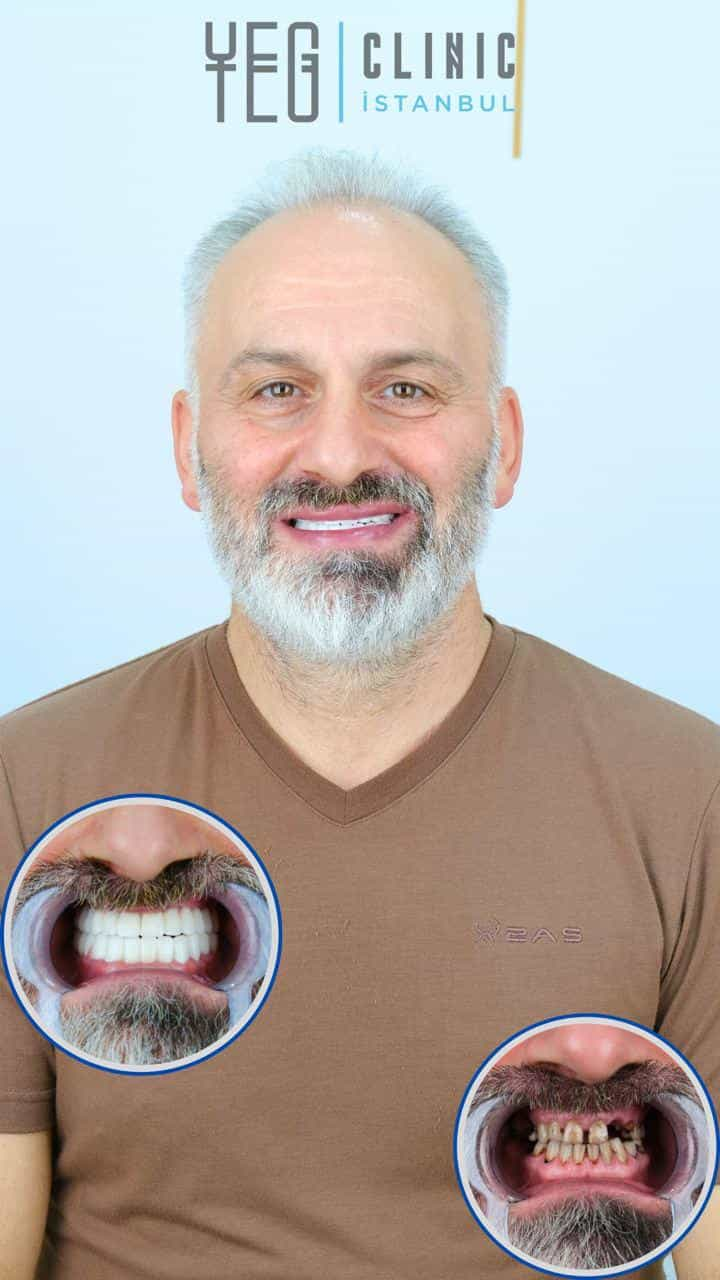
.png)



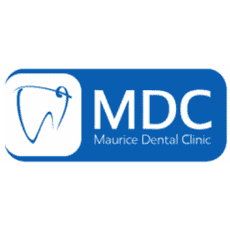
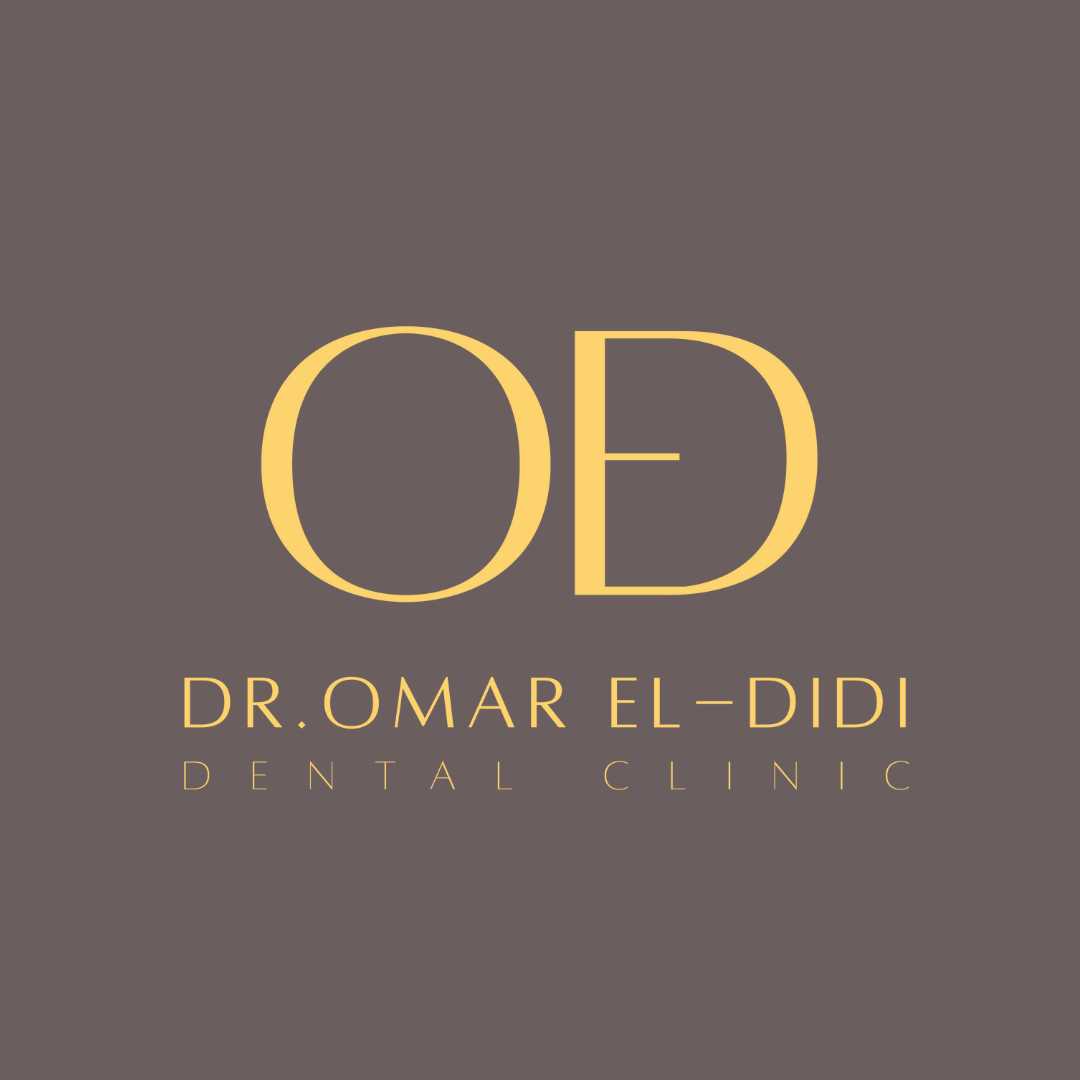

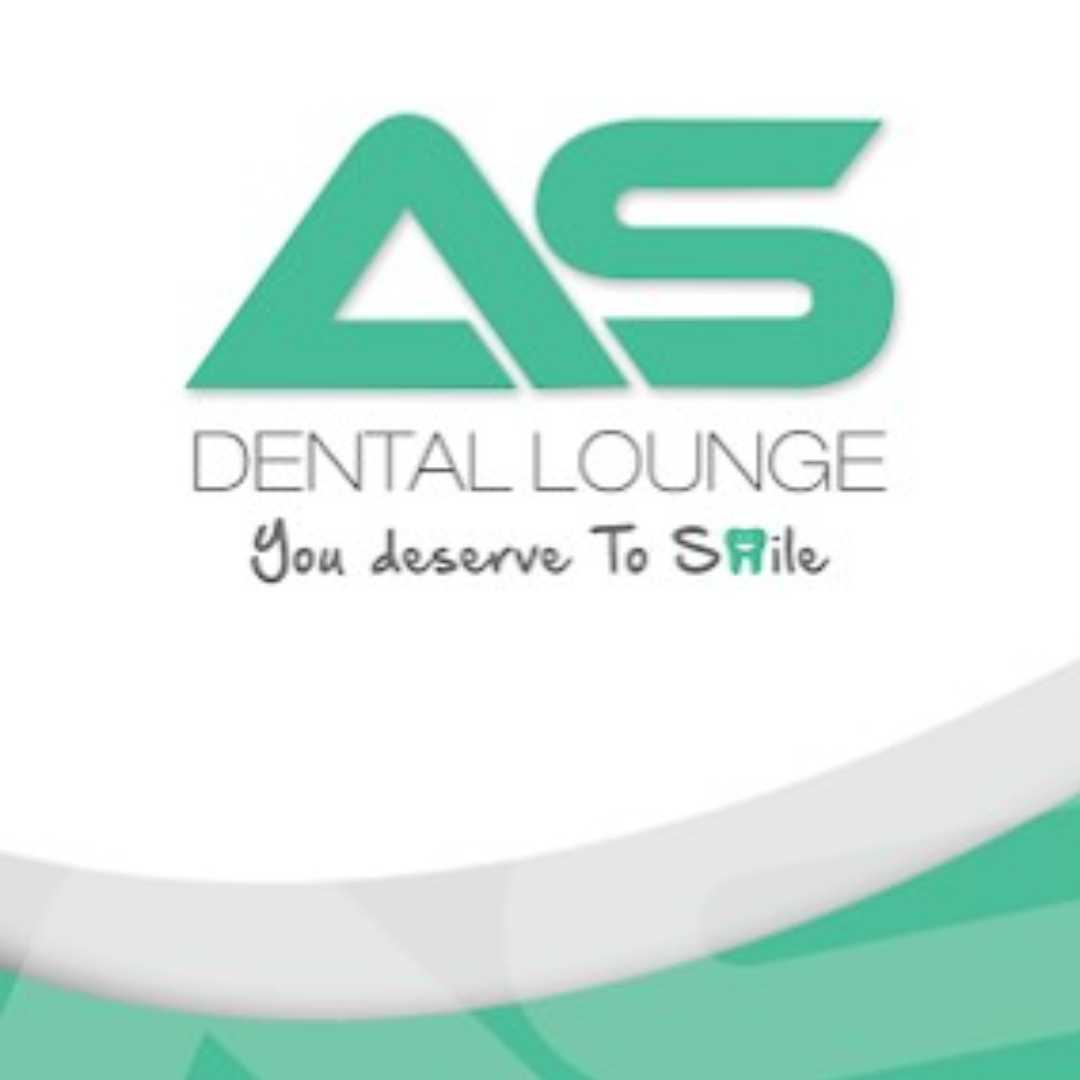
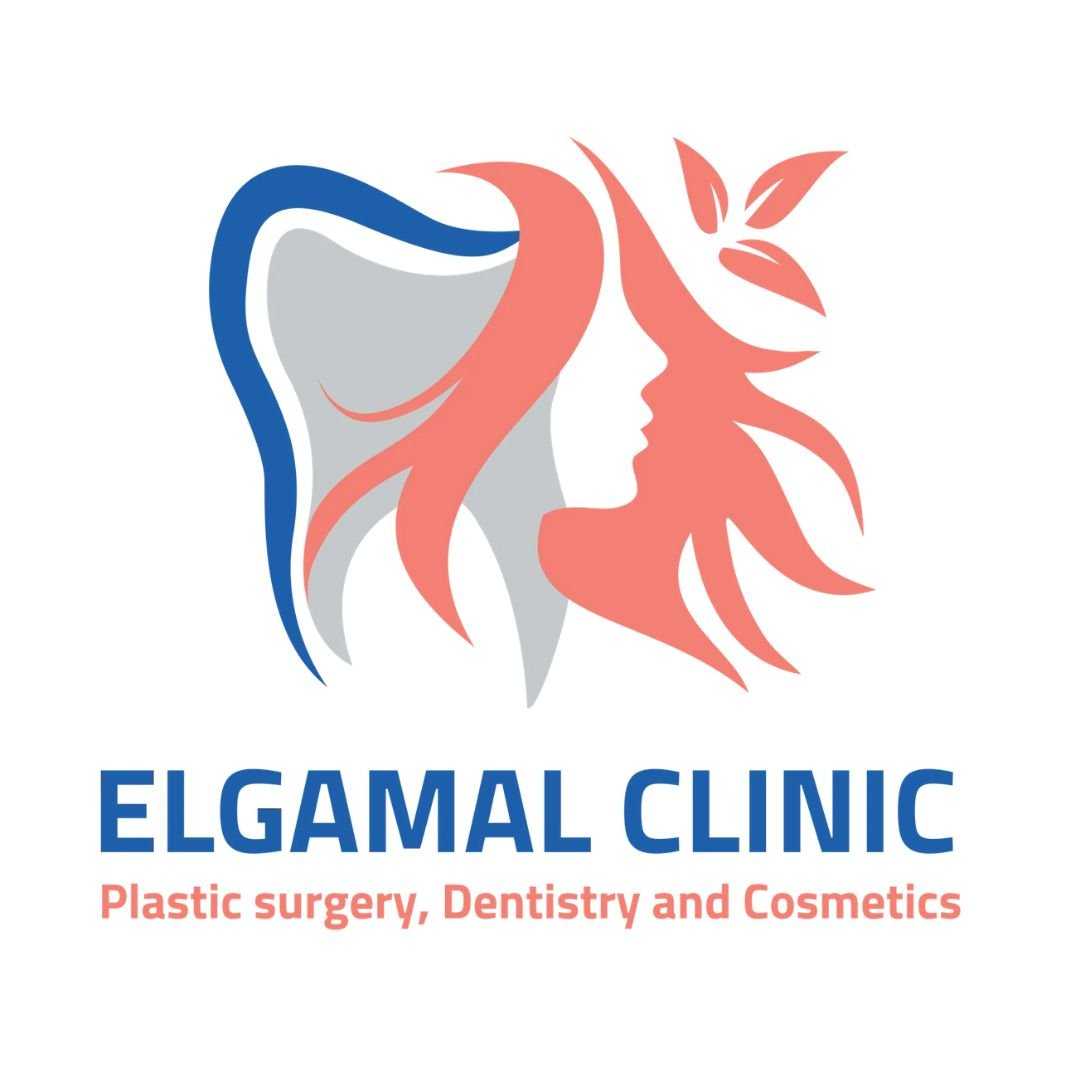

Share this listing